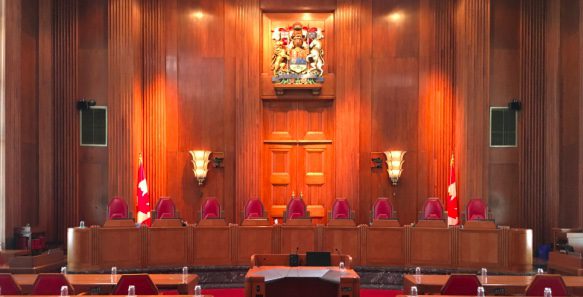
Canadian Supreme Court case on sex work reignites debate on decriminalization
The case, R v. Kloubakov, is set to be heard by the Supreme Court of Canada in November 2024. The case involves two men from Calgary who were convicted under Canada’s sex work laws for financially benefiting from prostitution by working as drivers for sex workers. According to a report by The Conversation, the men are appealing their convictions, arguing that Canada’s sex work laws criminalize non-exploitative roles, such as providing support services, infringing upon Charter rights.
Advocates for the decriminalization of sex work argue that by criminalizing various aspects of the industry and forcing workers into isolation, the law prevents sex workers from accessing vital safety tools, such as hiring drivers or security personnel. This isolation exacerbates their vulnerability to exploitation and trafficking, as it diminishes their bargaining power and discourages them from reporting abuse due to fear of legal repercussions.
This case could significantly affect the legal landscape for sex workers and those working with them, raising concerns over whether the current laws actually protect workers or push them into more dangerous situations.
Ignoring sex workers on a case about sex work
The Supreme Court is barring a national coalition of 23 sex worker organizations and two organizations that work with migrant sex workers, claiming that “their views are irrelevant.”
As reported by The Conversation,
The court has concluded their views are irrelevant to the case at hand. This exclusion rehearses Canada’s longer history of excluding those connected with sex work based on race, gender and immigration status.
